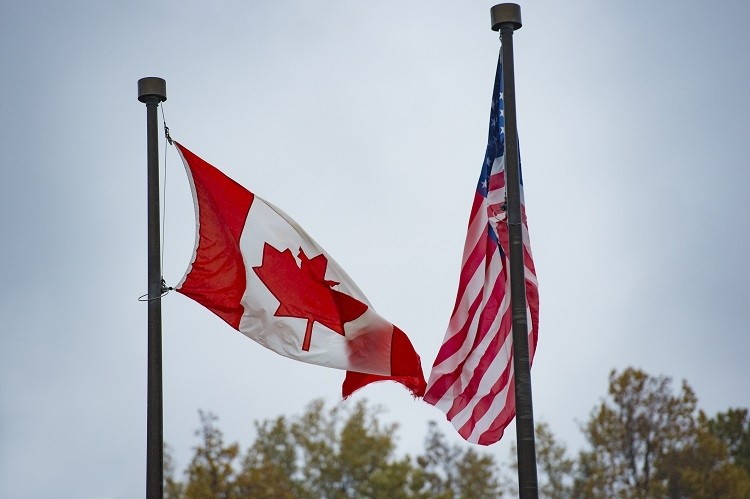Trump administration eyes importation of drugs from Canada

There have been ongoing discussions of importing drugs from Canada and potentially from further afield, such as Europe or Japan, for a number of years, but now the debate has been stoked again by President Trump’s administration.
The ‘action plan’ proposes creating two pathways with which to allow the sale of drugs in Canada’s supply chain to US citizens.
Prices of treatments in Canada are often drastically lower than those in the US – a pack of two EpiPens in the US will cost $700 (€633) but in Canada can cost $100 (€90) for a single dose, according to Drugs.com.
As a result, there has been public pressure to reduce prescription drug costs and 80% of respondents to one poll supported allowing US citizens to import drugs from Canada.
HHS secretary, Alex Azar, stated, “Today’s announcement outlines the pathways the Administration intends to explore to allow safe importation of certain prescription drugs to lower prices and reduce out of pocket costs for American patients.”
He concluded, “This is the next important step in the Administration’s work to end foreign freeloading and put American patients first.”
The US Department of Health and Human Services (HHS), alongside US Food and Drug Administration (FDA), publicly announced plans to develop two pathways that would allow this to take place.
Firstly, the ‘action plan’ suggests a notice of proposed rulemaking that would authorize pilot projects developed by states, wholesalers or pharmacists indicating how they would safely import drugs from Canada.
The second pathway would involve the FDA providing guidance to manufacturers of FDA-approved drugs to import their own treatments sold in foreign countries into the US.
On the latter pathway, the HHS noted that ‘multiple manufacturers’ had suggested that they wanted to offer lower-cost versions of their drugs but could not do so due being ‘locked into contracts’ with other parties in the US supply chain.
However, Pharmaceutical Research and Manufacturers of America (PhRMA)’s CEO, Stephen Ubl, took a strong stance against the proposal, saying, “The Administration’s importation scheme is far too dangerous for American patients. There is no way to guarantee the safety of drugs that come into the country from outside the United States’ gold-standard supply chain.”
Besides manufacturer support, a separate issue that would have to be faced is whether the Canadian system has sufficient supply to manage the additional demand that would be faced, should the US be able to import treatments from the country.
Reports have already been produced calculating that if only 20% of US prescriptions were filled using the Canadian supply chain, the latter country’s drug supply would be exhausted in 183 days.











